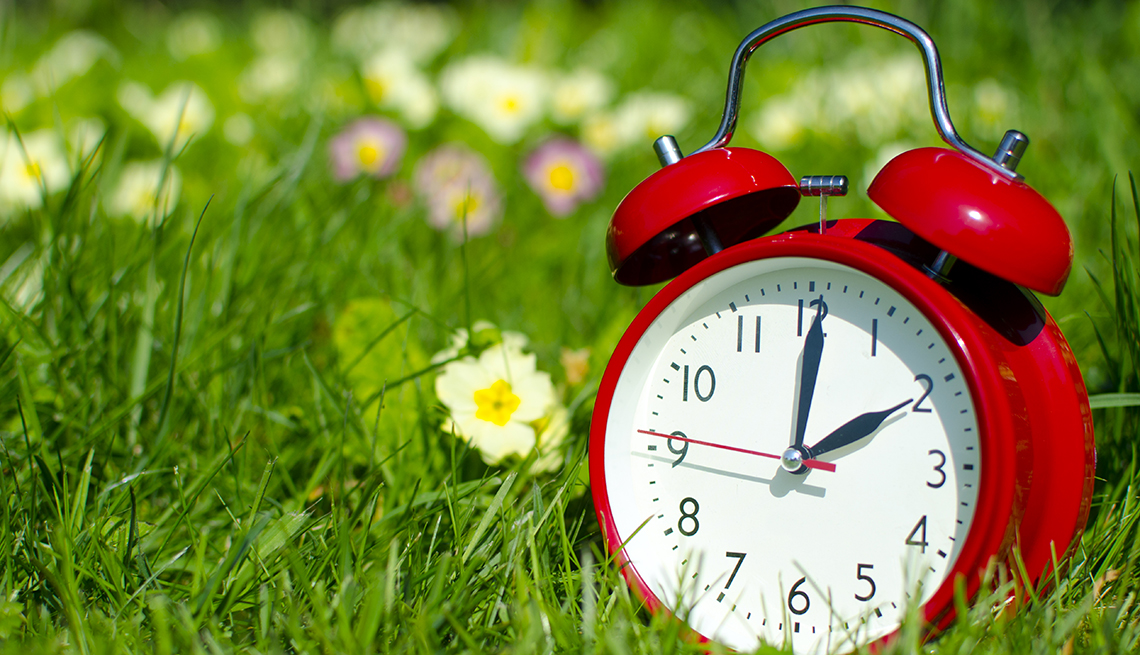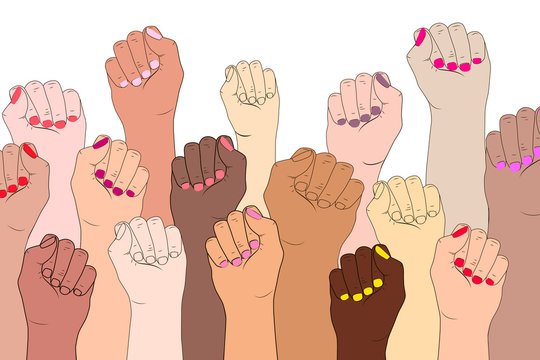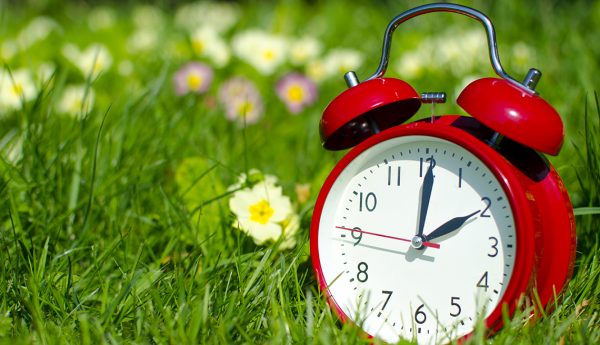The Effect of School Start Times on Teenagers
Teenagers are mostly viewed as lazy when it comes to getting out of bed in the morning. They are recommended to get 8 to 10 hours of sleep per night; however, on average, most teenagers get 7 hours of sleep or less each night.
“I barely get enough sleep because I go to volleyball practice right after school, softball practice right after volleyball practice, then I go home and have to shower, eat, do my homework, and I make time to socialize with my friends,” Maizie Legge says. “All of this causes me to get to bed around 12:30 every night.”
73% of high school students do not get a healthy amount of sleep, according to Healthline.com. This can certainly affect how students act in the morning, especially how they respond to getting up early for school and how they perform in the early mornings at school.
The biology of the teenage brain can explain this effect of “laziness.” The definition of “laziness” is “averse or disinclined to work, activity, or exertion; indolent.” However, students aren’t unwilling to do work in the early mornings. Teens can have the drive to complete work and learn, but because our brains aren’t necessarily awake yet, that overpowers the drive to participate in school. Our brains release a hormone called melatonin that assists with sleep. For all adolescents, melatonin isn’t released until 10:45 pm and lasts until 8:00 am. This means that by the school start time, the late bell ringing at 7:45 am and the first period starting at 8 am at Derry High School, the minds of teenagers aren’t completely awake yet. This has an effect on their actions and the way they process information, meaning that they are more likely to forget something they’re told first thing in the morning compared to late morning or afternoon.
An argument against this is that teens should simply go to bed earlier. However, what time teens go to bed doesn’t change the effect that’s given in the morning by not being completely awake by 7:45 am. Because of the sleep patterns of teenagers, their minds are not trained for processing information in the early mornings.
Research on the sleep patterns of younger children allow them to wake up early in the morning and be ready to go.
Teens being raised to get to school earlier, being in elementary school for 6 years, may also be a cause of the struggle to get up for school in the morning.
My sisters are in third and fifth grade and go to Ligonier School District. They get up around 8 am to get dressed, eat breakfast, and catch the bus at 9 am for school at 9:15 am. The constant pattern of getting up around 8 am to get the bus at around 9 am from September to May for 6 years can cause teens to be comfortable with getting up around that time.
From the day we were born, our brains have been training habits every single second. They know that we have to breathe, eat, blink, drink water, and our brains process muscle memory. These things happen effortlessly, without us even having to think about it. We automatically know to do these things and don’t have to stress about it as we would when we do something that’s out of habit. For example, if you make a peanut butter sandwich every day for lunch and suddenly one day you decide to make a ham and cheese sandwich, something will feel off because your brain isn’t used to that.
For 6 years of our early life, from kindergarten to fifth grade, we’ve been getting up around 8:00 am for school around 9:00 am. So, when the sudden switch is made from getting up around 8 am to getting up around 6:30 am, teens are uncomfortable and unprepared for the day.
Within the last few years, 33 of 500 schools in Pennsylvania have switched to later start times, according to the National Advocacy Coalition Start School Later, which boasts nine local chapters and one student chapter in Pennsylvania.
According to the article “The Debate Over School Start Times” published in Voice, at least some educators in districts that made the switch have noticed a difference, stating that “there’s less tardiness and students are more awake,” says Shai McGowan, a 26-year veteran high school math teacher and current EA president in the State College Area School District. In her school district, the start time was moved back in 2018. Start times were also moved back in 2019 at Radnor High School by 55 minutes to 8:30 am. Radnor Township EA President Rob King, teacher at Radnor High School, stated how each student is unique and individual, so the start time can affect them all differently.
This is shown here at Derry. Mr. Slezak has a different point of view. “I don’t notice much of a difference in students throughout the day. If anything, they’re most tired at the end of the day compared to the beginning of the day because of how tired they are from classes. You get up, shower, get ready, walk to your bus stop, walk to your class. All of this activity leads students to be ready for class and more awake than if they just rolled out of bed. I think it mostly has to do with students’ mentality, ” Mr. Slezak says. “For example, if you get 5 hours of sleep because you have to get up to go to Disney, you’re gonna be more awake in the morning than when you have to get up for school. Your mentality can affect your physical state.”
However, other teachers have noticed something different. “My last period class is definitely the most energetic compared to my morning classes, ” Mrs. Croll says. “I would say first period is the most tired of all my classes.”
A select few teens might be early birds, but the majority enjoys sleeping in. Not only for the comfort of their beds, but they’re more alert at 9 am in school rather than 8 am supported by research and first period teachers’ observations.
Starting school at a later time will lead to more awake, active teenagers and higher overall test scores for schools.
“I walk into school so tired that I’m barely interested in what we’re learning because I just don’t have the energy in the morning, ” Dani Dominick says. “I’m more interested at the end of the day than at the beginning of the day. I don’t like getting up so early in the morning.”

Rebecca is a sophomore at Derry. This being her first year on the newspaper staff, she is excited to write about what she’s passionate about. She enjoys...









































